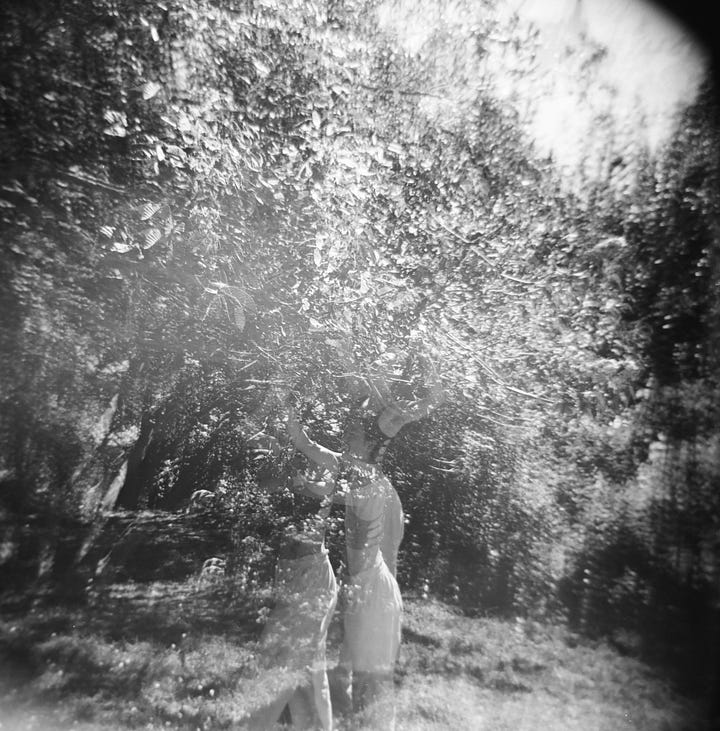
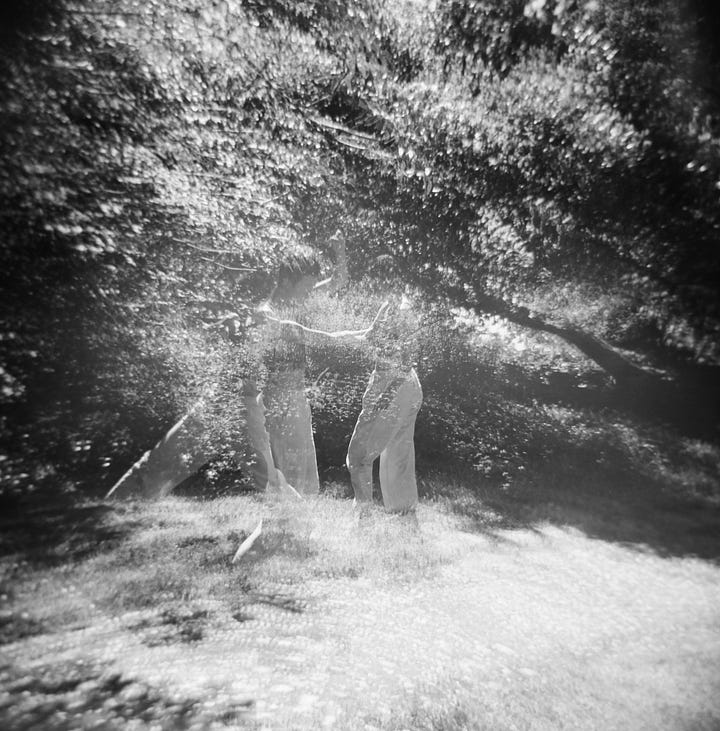
It’s late April and I receive one of the worst emails I could have read. I am begging to god to help me stop begging to the wrong inboxes. There are many ways to lie yourself into being kind—having been the one to dole out rejections once—and there’s nothing worse than saying you wanted more.
I’m used to this, in many ways. I give parts of myself like a scavenger with a magnet on the shoreline, collecting trinkets to dole out to the nearest open hand. This seashell made me think of you. I’m sorry it’s small. Will you have it anyway? It’s my greatest giggle, finding something abroad that’s manageable and meaningful. A puzzle to find heart in the carved wood statue forest of a souvenir shop. Nicole and I walked it in CDMX, pointing at different potential narratives we could write, saying them aloud to each other to try them on for size. No? Okay, let’s keep looking.
I feel greedy whenever existential. If you make above poverty in Oakland, you’re in the wealthiest 10% of the world. And I feel that way. I was making half that two years ago, paying my rent and feeling rich even then. Daniel talks about how our suffering was different then, how we were hungry for something we now feast on regularly, and still we feel thirsty.
There’s a lot to say about a recovering nervous system. I still ask god questions out of habit, even if he’s never answered. I dread even the smallest tone of disapproval. My body is still learning how to live without Ativan after the doctor refused to prescribe me more. They said the problem was so big you can’t sleep it away anymore, so I stay awake, just barely, because I’ve been wracked by nightmares.
The nightmares look different than they used to. Now they look like all my love whistling into the kitchen vent and flying out the apartment. Maggie ran away. Daniel changed his mind. My mother yelling again. I’m back at my grandfather’s bedside, my sister calling me useless. They’re different every time now, changing and evolving from the same repeated fear of the hospital hallway, running down and down and never getting out. This time I’m not afraid I’ll never leave. I’m afraid that everyone else will.
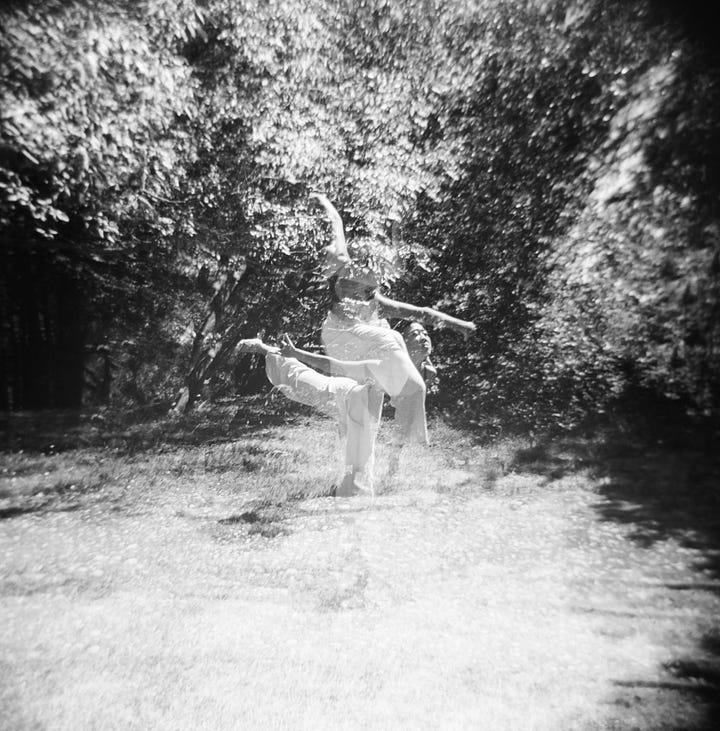
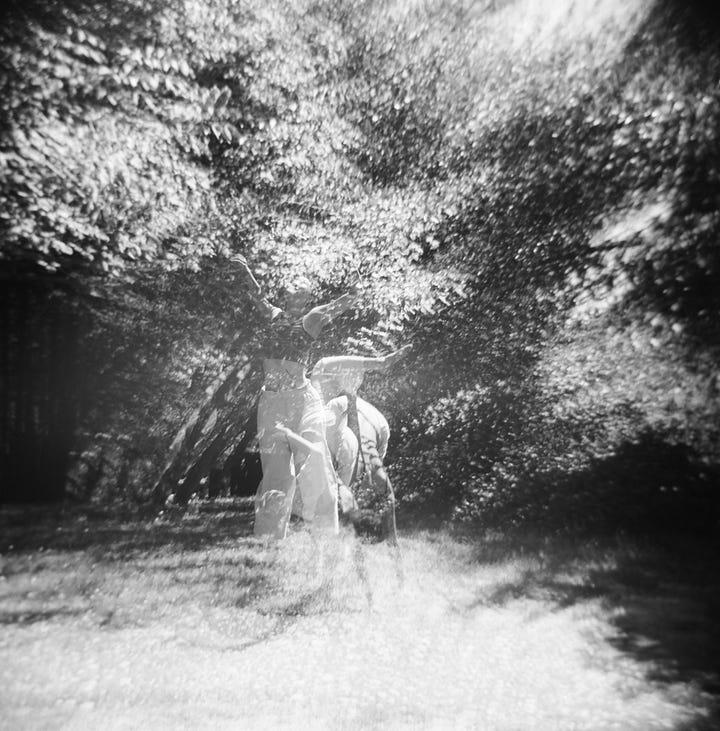
I’ve hardly left my house since November. When my grandma got sick, I went to work and went home. No more readings, infrequent friend hangouts. I wasn’t inviting people over for meals anymore. I wasn’t really seeing the sun. Only with the heat did I emerge, like a reptilian animal finally escaping hibernation. Except, I’m really bad at it. All I do is talk about the winter. All I want to talk about is grief and expectation and how I feel like I’m treading water again. How I need a yes, some sort of sign from god that I’ve regained his favor. Yes, you can receive again. Yes, you are forgiven of your hiding.
I’ll be honest and say that that April afternoon, I called Jen. I hadn’t seen Jen in over a year, but I wanted to talk to her. There are few people who I think see me in abstracted form, more clearly because they’re absolved of the minutiae. Jen is one of them. She tells me that when I write now, it sounds different. It’s not bad, it’s just not the side of me that she’s familiar with. She likes it.
I think about it, toss it around between my cheeks like backwash, like something that I’d been thinking for a while and finally decided to swallow. I’ve fucking hated how digestible I’ve become.
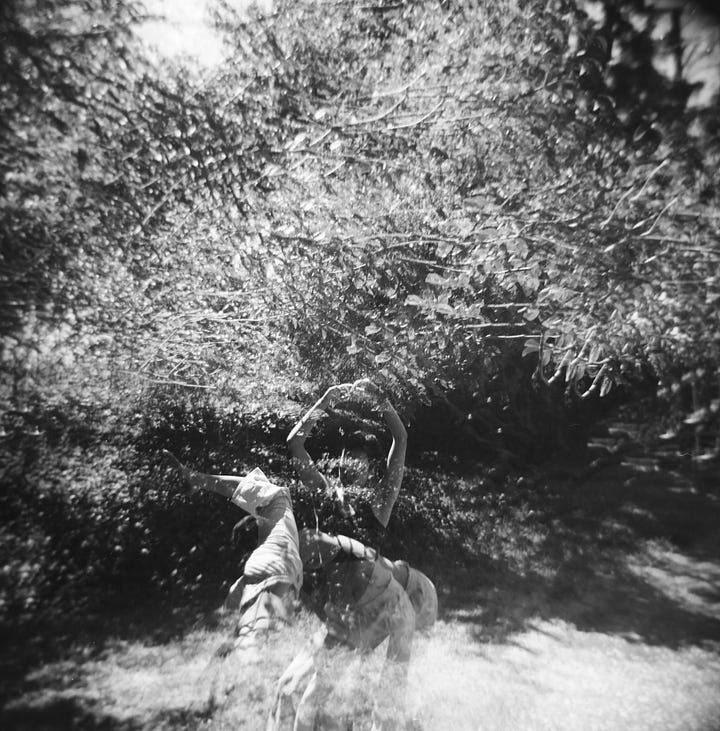
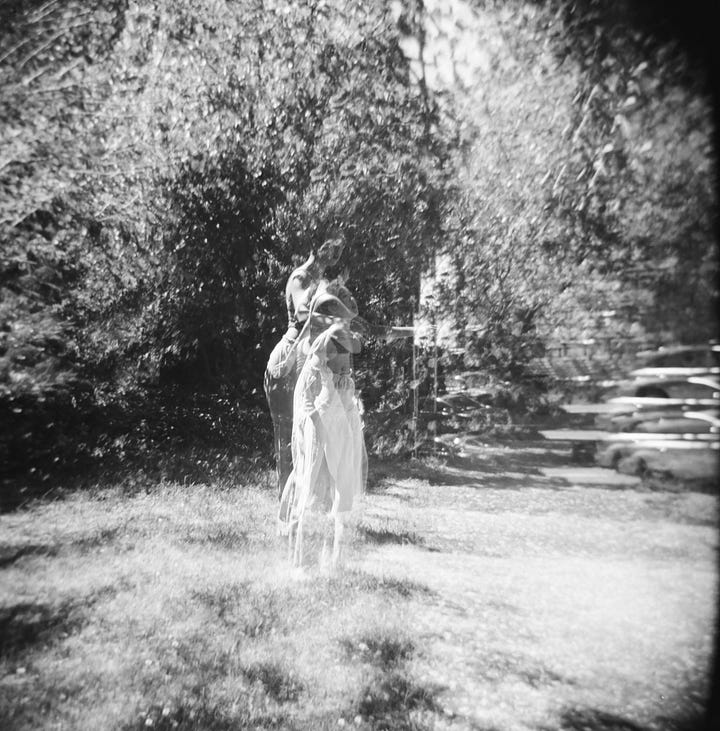
Ken once told me that my writing reminded him of Mina Loy. I’d never read Mina Loy before, so I picked up The Lost Lunar Baedecker with my heart in a tousle. The introduction said, and I quote: “‘Difficult’ is the word that has been most often used to describe her. Difficult as a poet and difficult as a person. And certainly difficult to place… In order to read her with profit, you need at least four things: patience, intelligence, experience, and a dictionary.”
I’ll be honest again and say that I had to pull out the book to quote that. I’ll also be honest a third time and say that I reread the introduction in full. Roger L. Conover is in love with Mina Loy, the memory of her. And I was, too. After reading her book of collected poems, I immediately purchased her biography by Caroline Burke. It is sensational. For years, I’ve told Daniel that we’re naming our first daughter Mina—partially because his mother’s name is Maria, and my mother’s name is Tina, and Mina is a perfect hybrid—partially because the -ina ending is particularly Indonesian—and partly because of my affinity for Mina Loy.
I’d forgotten pieces of why I’d loved her until writing this. The memory of her was as though she was a haint through the modern years. She wrote lots, published little. Said that she became a poet because she wanted to be beautiful in silence. She decorated lampshades and died in Colorado, hating the idea of a career and preferring to profit from her socialite friends’ invitations. When she wrote her novel, she said it was something for them to figure out posthumously. And fuck! Nothing could be further from how I feel now.
For a while, after reading the introduction and finding out how easily she was hated, I was a tad bit insulted. Until I sat with her work. You should, too. She begs to be digested, not read. Her pieces aren’t transportive on their own. They require you to be willing to travel, to book the ticket, do the research, get on the goddamn plane. She writes lines like: “The mind is a magician bound by assimilations; let him loose and the smallest idea conceived in freedom will suffice to negate the wisdom of all forefathers.” She writes because she writes. She doesn’t write because you’ll read.
All this to say that I am willing myself to care less selfishly. I want to keep walking the shoreline with my metal detector and hoarding the glass pieces until I’ve built them into something beautiful. Then maybe I’ll share it. There are a few mosaics that people have seen and hated. But some people will. Because those are the pieces that are difficult. Those are the pieces that have drops of blood scattered on the panels because I was careless when making them, and I liked it better that way. I want to be more like Mina in this way. I want to throw my ambition into a fire and build a kiln around it instead of letting it catch stray forests of wind-shaken trees.
One of the most recent mosaics I wrote got a shit ton of rejections, and I just celebrated her birthday. Happy birthday, driver’s seat echo. She ends with a little poem that is my favorite I’ve ever written:
in this universe, i (name my daughter monday)
feeling a little claustrophobic, skittish in the outcroppings of a temperature co-occupied on different nights. it was quiet on sunday’s, what with a preoccupation for prepping the linens for the monday rush. but sunday, the lord’s day it was. sunday was a breath and monday was an outburst, and i think i will name my granddaughter monday, too. she will be called the name of a second and a third and a fourth beginning, the antithesis of a finale. build. up and out, carrier of my marrow and girl of my lineage reads the sheet music and sings in a minor (a little somber, but fitted to the outskirts of a music sheet read and played and loved). she will have type o blood. she will be taught nothing of manners but everything of respect. she will be tricked and trodden and she will be the daughter of my racket and child of my rattle. she will be monday. she will be squeeze and release. she will be argument over the first day of the calendar. she yells with the lungs of excitement and sighs with a mind of relenting satiation, and her heart skips so flittingly it stumbles, yes, heartbeat is important—hers will be fast, that monday. monday speeds by, and before you know it, it’s sunday and monday is coming back again. and again. and there she is. again.
I think that maybe Monday isn’t the best name for her. I think Mina fits snug.
fin.




The thing you needed to write was the thing I needed to read.
For a long time I prided myself on writing love poems that were simple and easy to understand so that it could resonate with the masses in hopes of one day putting it into a neat book (lol….). Now that I’ve discarded that goal and let myself be more free on the topics, syntax, and loose threads of my poems, they are wrangled, untamed, and unintelligible beasts that I have to reread over and over to make some little sense of them — and I love them infinitely more the more time I spend sitting around digesting them.
The thing about trying to understand difficult things is that you become dedicated, almost enchanted, by them while trying to crack their code. It’s a worship, a bible study of sorts. Chipping away piece by piece until you find a nugget of gold